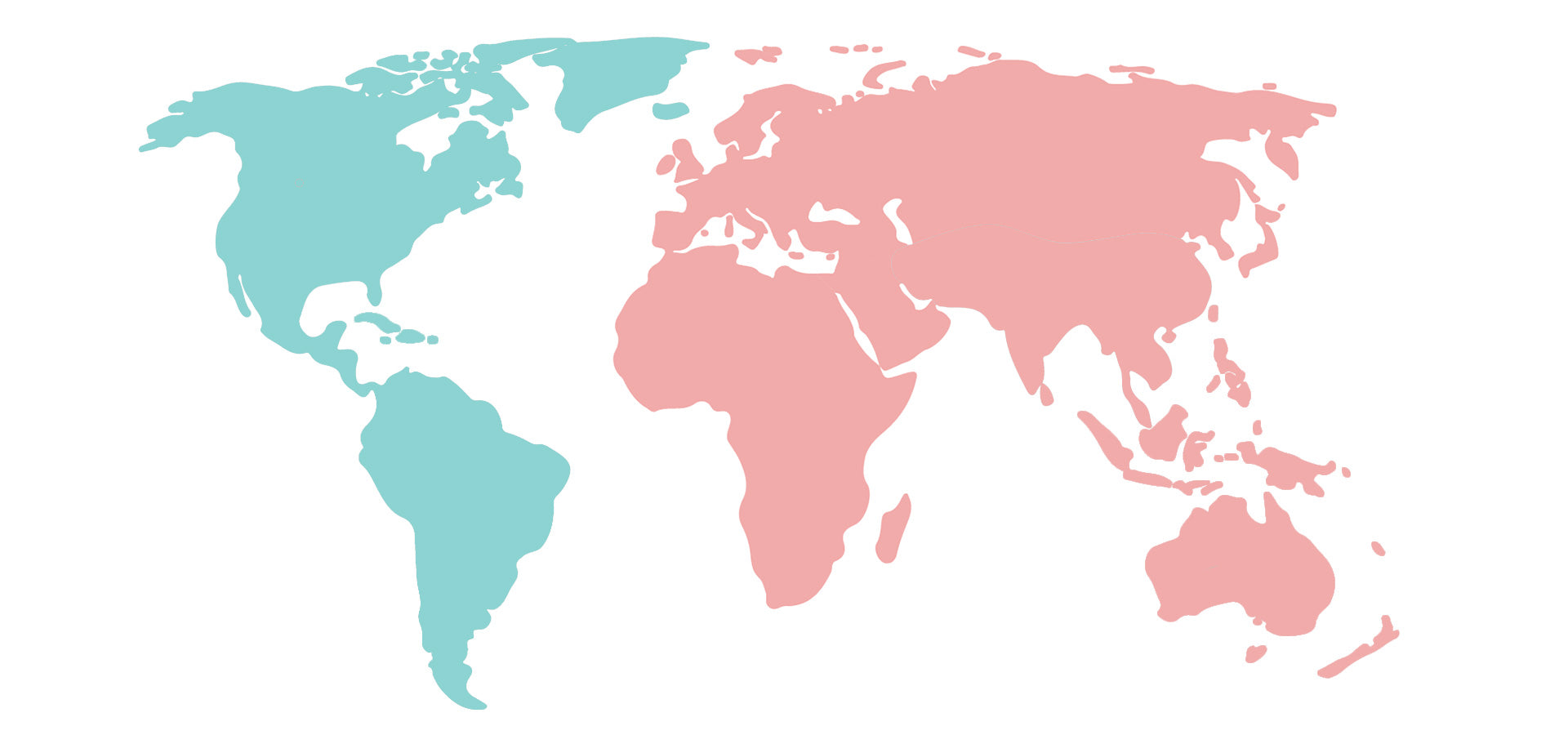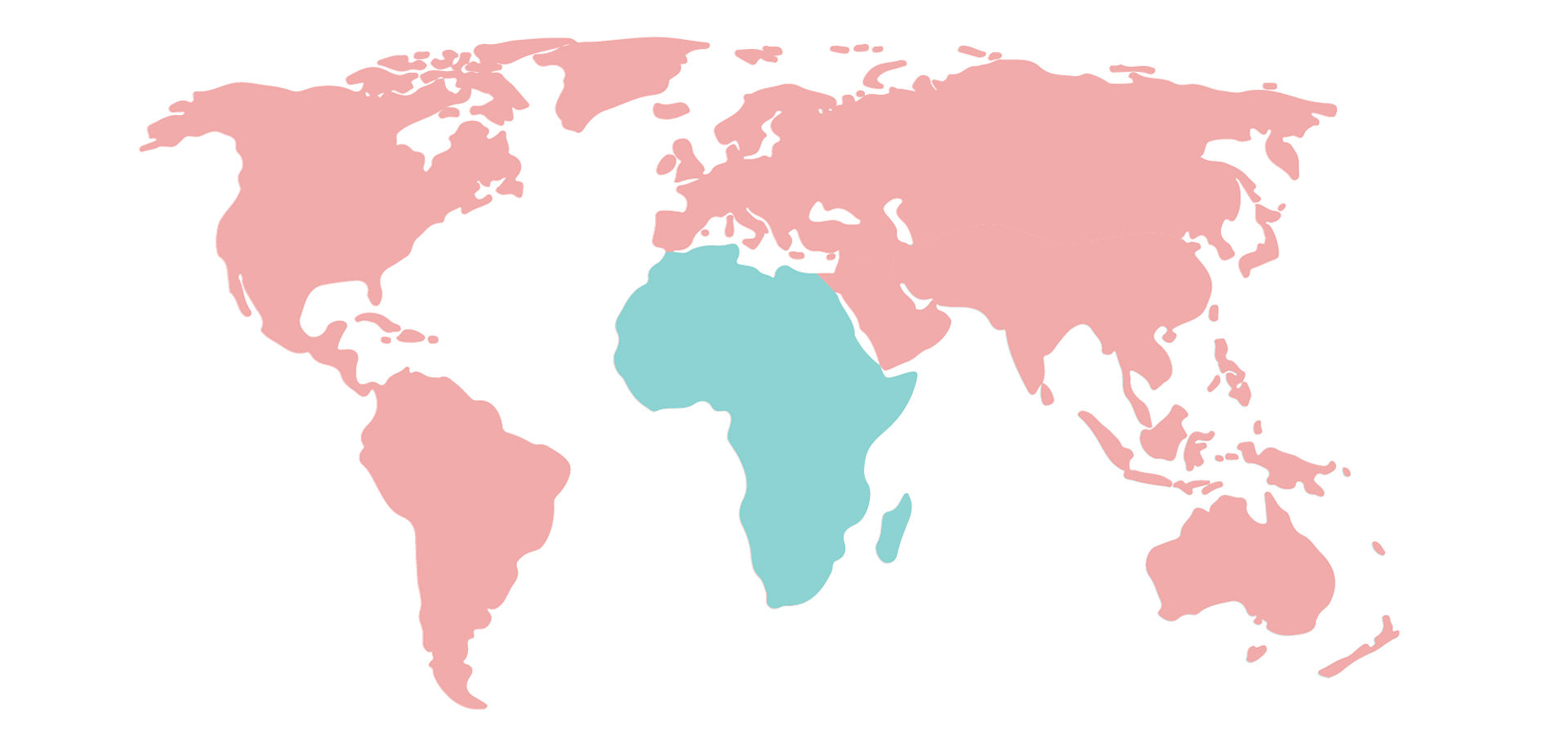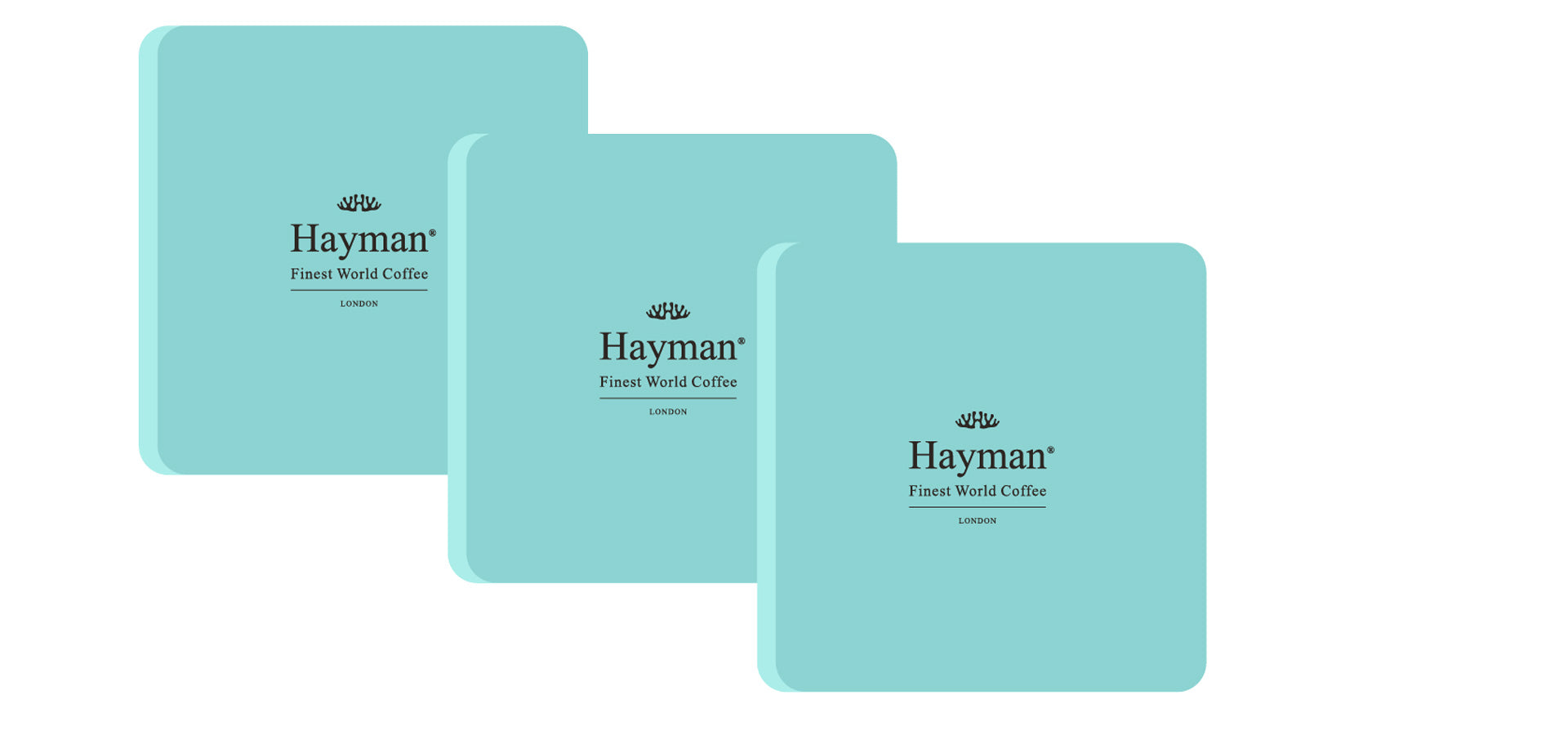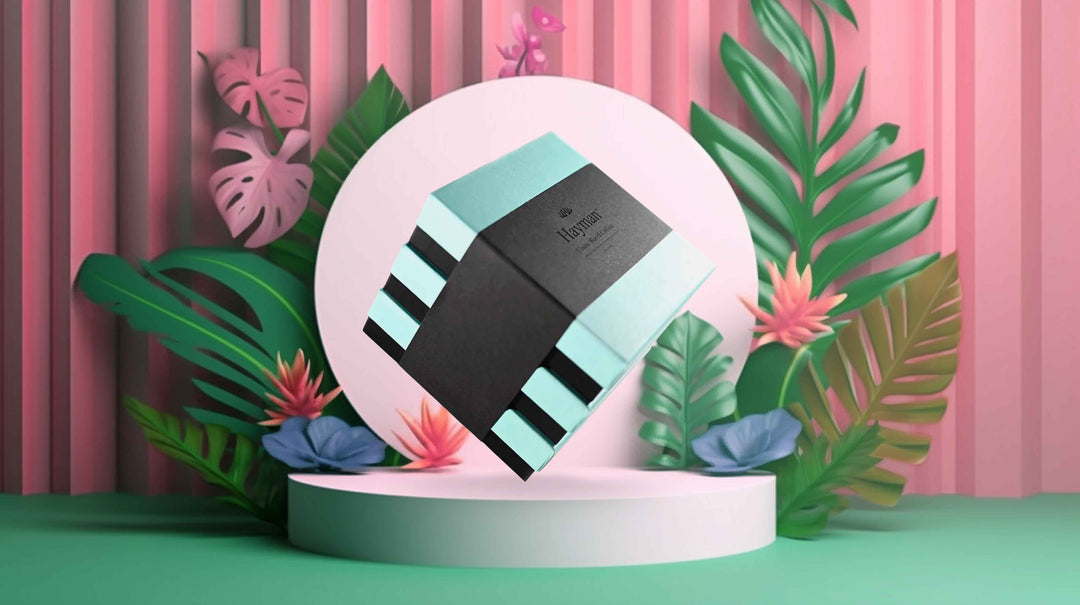Is Decaf Coffee Good For You? | Decaffeinated

Even if you prefer regular coffee to decaffeinated, it’s probably a question you’ve pondered at least once:
Is decaf coffee good for you? Or more specifically, is decaf coffee better for your health than standard coffee?
It’s a little known fact, the decaffeinated coffee was actually discovered by accident at the beginning of the 20th century. While a shipment of coffee beans was in transit under the watch of a German coffee merchant, they became soaked in seawater and naturally shed a quantity of their caffeine. Shortly afterwards, manufacturers began experimenting with a wide variety of methods and substances, in order to produce the first commercially available decaffeinated coffees.
But despite having been around for more than a century, there’s still widespread confusion as to the potential benefits of decaf.
Decaf Coffee: Two Key Considerations About Your Decaffeinated
When evaluating the health benefits (or otherwise) of decaf coffee, there are two important considerations to factor in.
The first of which being the method used to extract the caffeine. In the early days of decaf, producers used benzene to effectively extract the caffeine from green coffee beans. A potent chemical solvent, exposure to even small amounts of benzene can cause anything from drowsiness to nausea to skin irritation. Prolonged exposure potentially leading to blood disorders and even cancer.
Unsurprisingly therefore, the vast majority of contemporary coffee producers avoid the use of benzene at all costs. Nevertheless, some continue to use any number of potent chemical solvents to remove as much caffeine as possible from the resulting coffee. Even in instances where these chemicals do not come directly into contact with the coffee beans, there may still be traces of them in the final decaf.
As such, it’s important to stick with decaf coffee produced using only the safest extraction methods. One of which is known as the Mountain Water Process, which along with producing the most flavourful coffee also eliminates harmful substances and chemicals from the equation. The Mountain Water Process is typically used by producers of gourmet coffee, rather than mass-produced generic decaf.
As for the second consideration, it’s a case of weighing up the potential advantages and disadvantages of caffeine consumption. Over recent years, a variety of studies have linked moderate daily caffeine consumption with a wide variety of health benefits. From cancer prevention to cognitive capacity to productivity and so much more besides, coffee consumption can be beneficial for the vast majority of adults.
However, the overwhelming majority of benefits associated with coffee consumption have so far only been directly linked with regular coffee. Experts stating that it isn’t yet possible to confidently state whether decaf has the same health benefits as caffeinated coffee.
Still, the antioxidants and other beneficial compounds found in all types of coffee beans have the potential to benefit human health. In addition, decaffeinated coffee has been linked with a marked reduction in type 2 diabetes risk – precisely the same as regular coffee.
And of course, if the side effects associated with caffeine consumption are considered unpleasant by any coffee-lover, eliminating caffeine from the equation simply makes sense.
At Hayman’s online coffee store, you will find the world’s best decaf. Contrary to most other decaf coffees, which are decaffeinated using potentially harmful solvents and chemicals, Hayman’s splendid Mexico Chiapas Organic Decaf is decaffeinated through the innovative Mountain Water Process, a 100% chemical-free decaffeination method. Click here to order our incredible Mexico Chiapas Organic Decaf today, we ship worldwide!










